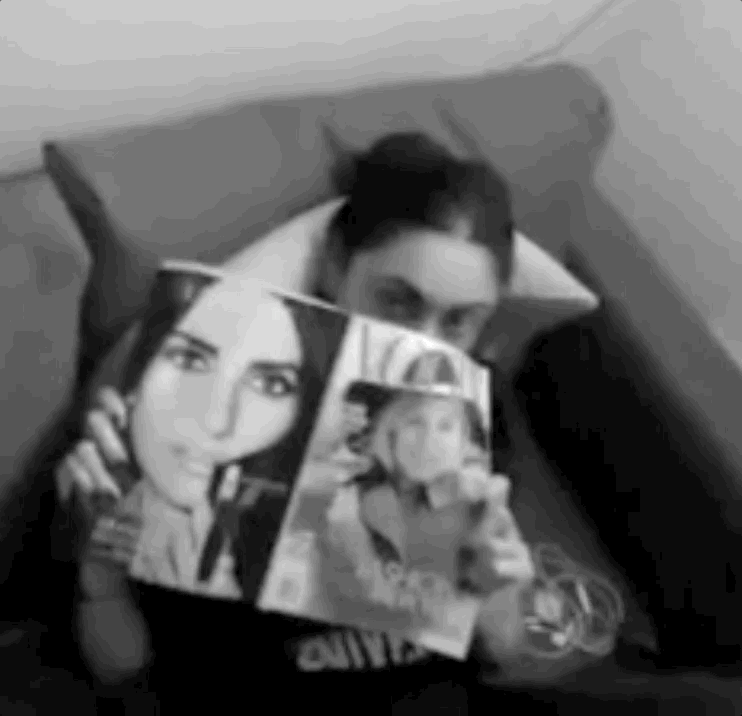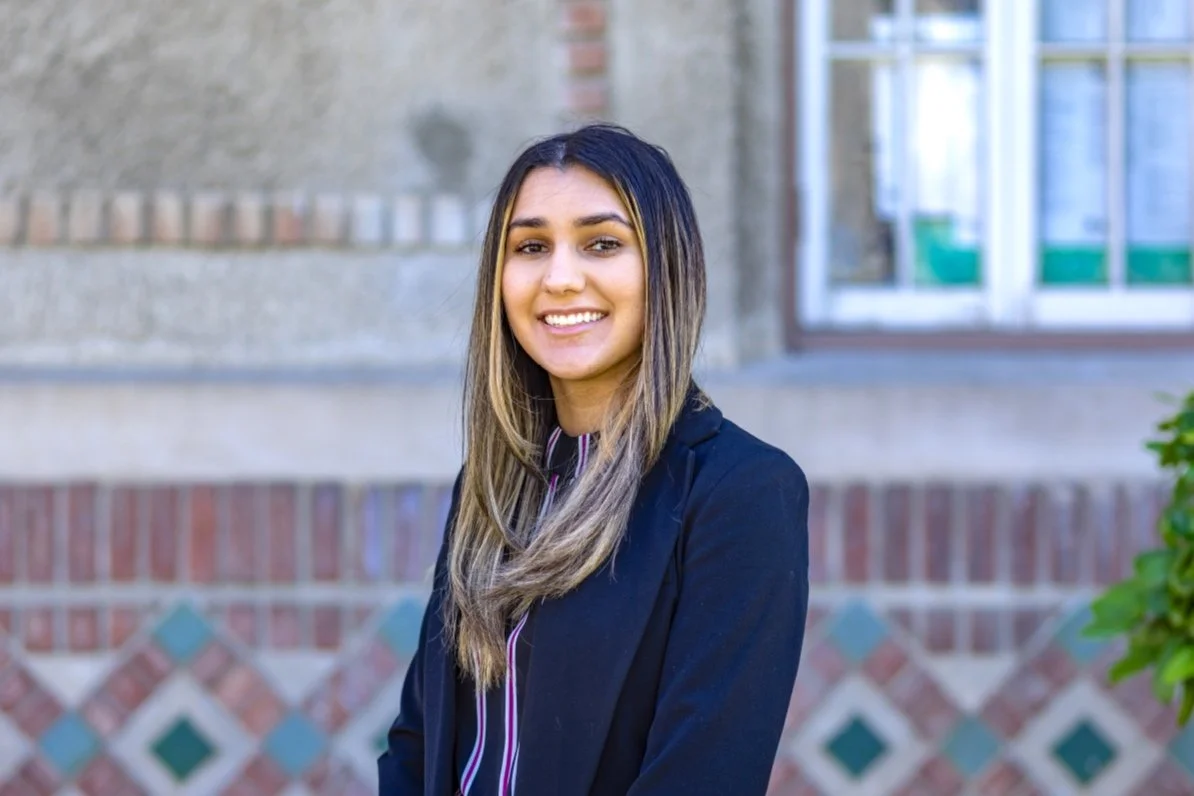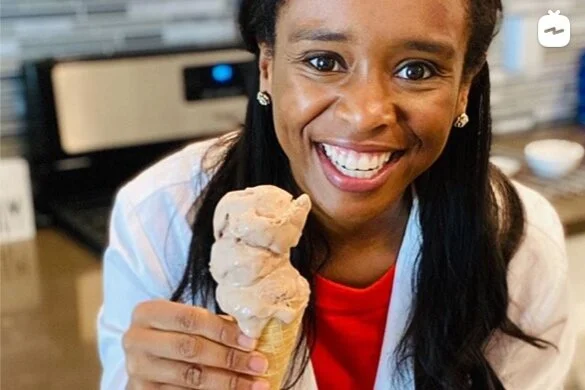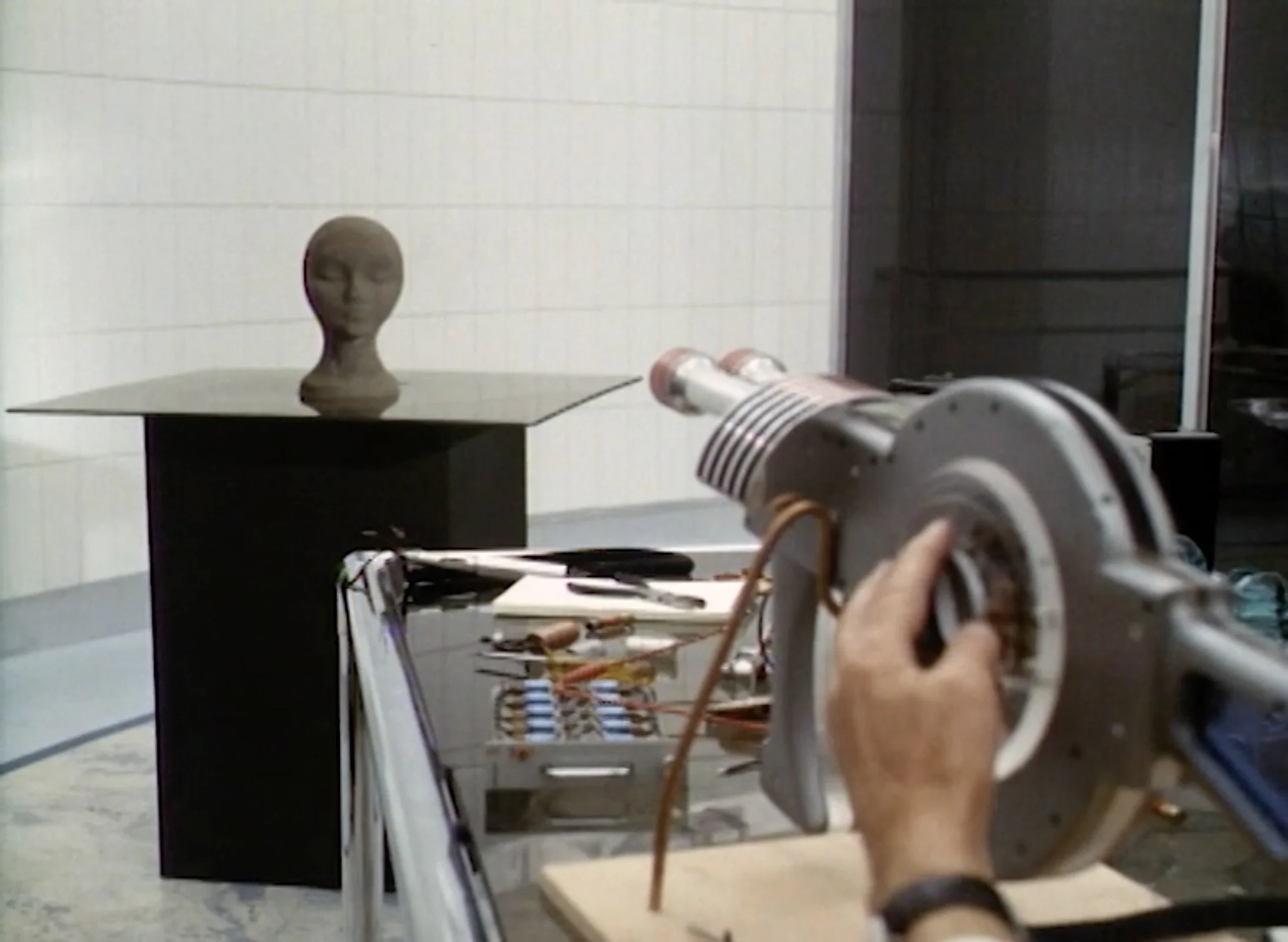The Independent Scientist: It Takes Guts and Brains
Whatever you do in life, have a good time and never stop wondering.
“An independent scientist was called a “gentleman scientist” because mostly men of independent wealth were able to pursue scientific research.”
The Basics
Who: Aarti Kuver, PhD
What: Independent Scientist & Consultant in Molecular Neuropharmacology
Where: AKScientist
Years in the Game: Long enough, but more to go
Education: PhD, Molecular Cellular Biology
“Be curious and have fun, but take your position as a scientist seriously. ”
What the heck is an independent scientist?
Historically, an independent scientist was called a “gentleman scientist” because mostly men of independent wealth were able to pursue scientific research that was not connected to a particular university or institute.
How did you pursue your path?
I started as a science and editorial consultant for biotech start-ups. I like collaborating with other researchers because it is vital to diversifying research efforts.
Was it planned?
No, but as an undergrad I dreamt about establishing an institution with representative departments from each of the sciences- biology, physics, engineering, neuroscience, math, etc. I intuitively thought that this collaborative, inter-disciplinary effort will bring real solutions to human and universal issues. We are seeing more of this now- the growth of biophysics and data science for example.
What’s up with your research?
I’m studying disruptions connected to the gut-brain axis and putative therapeutic options for neurodegenerative disorders.
How did you become interested in the gut-brain axis?
It’s undeniable that whenever we are anxious, we feel it in our belly. Butterflies, right? About 10 years ago, I clued into the nerve connections at the navel and their relation to anxiety. I wondered about the circuitry between the hippocampus and the intestinal tract. People thought I was crazy. Now we’re seeing more research on the gut microbiome, so it’s nice to have other researchers on board with the connection to the brain.
“Whatever you do in life, have a good time and never stop wondering.”
What do you hope to solve?
It would be great to inhibit or treat neurodegenerative disorders before they reach aggressive stages. Right now, we mostly detect these disorders in later stages when it is too late- in Alzheimer’s Disease (AD) and related dementias. New findings on the relationship between the gut and AD moves us in the right direction.
Were you one of those kids that loved science?
Nope. I didn’t hate it, but it was not approachable. I figured you had to be a real geek to become a scientist. I was curious about life and how it worked. Academically, I was turned onto biology and biochemistry after taking a few basic courses in undergrad. I figured science was the only way to get to the root of humanity and solving its problems.
Why did you get a PhD?
I learned about what a PhD was in college when our classes discussed important discoveries made by these dudes, so I started looking at flyers around the cell bio department (before universities had websites). My advisor, the director of the department, told me to skip the Master’s and go straight into the doctoral program because I was an excellent undergrad.
Any advice to students thinking about science majors or careers?
Be curious and have fun, but take your position as a scientist seriously. We are in a privileged position to move humanity forward, not to promote ourselves just for being scientists and looking cool in a lab coat. If the former is of interest, then don’t be too discouraged by an intimidating class, subject, instructor, etc. We face intimidation throughout our education and careers. It makes no sense to quit from the start or not give it a real try.
What do you mean “real try”?
It takes practice to not only keep trying, but trying in the right ways. Many people say ‘I studied all day and night for O-chem’ or ‘I keep failing physics because the Professor hates me.’ Much of the time it is not re-doing the same thing until we get it right. More often it is difficult to ask for help and identify the type of help we need. This can be more true for students or early-career scientists.
“It’s all about being, valuing, and loving yourself.”
YOu’re a mentor?
Yeah. I’ve been mentoring in several STEM programs and work environments for 10-20 years. I spent the past 4 years with the 1000 Girls, 1000 Futures program at the New York Academy of Sciences. It’s a Clinton Global Initiative geared for women. It matches female STEM professionals with high-school-aged students interested in pursuing STEM careers. We highlight STEM topics along with career development.
Any advice to mentors?
I’ve learned a lot about teaching, listening, patience, communication, and myself. Not every mentee is a mirror image of you. Everyone has a different learning curve and communication style. Learning to recognize those factors can help us be and produce better scientists. Effective mentoring usually makes more productive research environments.
What do you do outside of science?
I publish STEM calendars with an illustrator as part of my Art Is Science/Science Is Art and diversity initiatives. I show people from diverse backgrounds, nationalities, and fields. It’s a good representation of how many different people made real impact in STEM.
You make T-shirts, too?
Yes. With the help of an award-winning fashion designer, I started two lines a while back called $cientist and Original $cientist. These are to promote the value of human beings- what they can offer to humanity through music, fashion, art, STEM, teaching, architecture, etc. So, I say (O$) Original $cientist instead of OG (Original Gangster). It’s all about being, valuing, and loving yourself.
Anything Else?
Whatever you do in life, have a good time and never stop wondering.


































